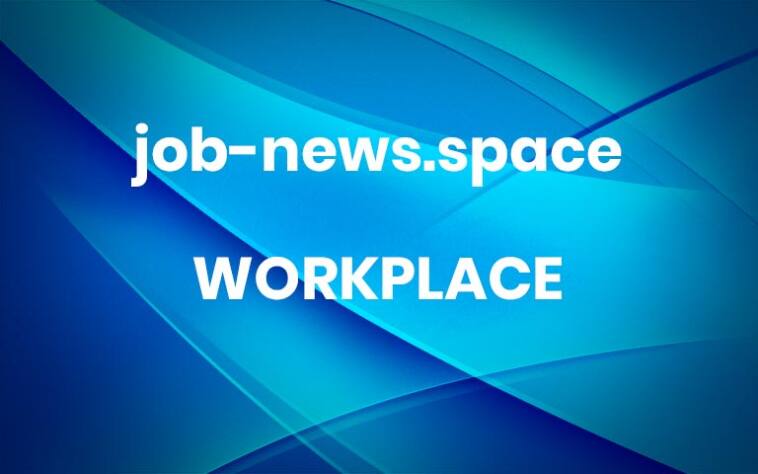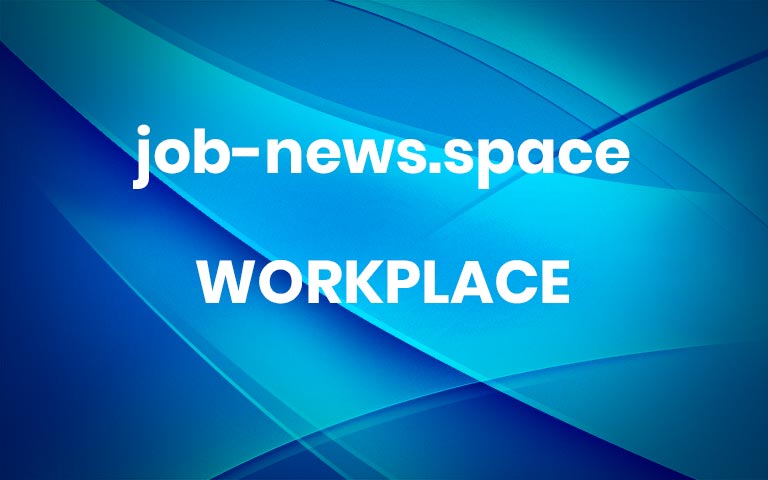Evolving the Workplace Through Rebellious Trends
Over the past few years, we’ve seen a number of workplace trends develop which have taken over the headlines of nearly every career website and blog. Some, like remote and hybrid work, have resulted from the natural evolution of a post-pandemic workplace. Others, like “quiet quitting,” are simply old concepts (employee disengagement) given a catchy new name by TikTok influencers.
But still, other trends take on a different form – one of rebellion and dissension. Today’s employees have watched the workplace change drastically in a relatively short time, and not always for the better. The current strength of a candidate’s job market and the ubiquity of trending hashtags have emboldened workers to make a few changes of their own, both to their post-pandemic work routine as well as to the way things have always been done.
As employees continue to push boundaries, employers must now choose their battles as they determine which are really necessary to retain top talent while driving growth and profitability. Let’s look at a few workplace trends that have resulted from dissatisfaction and a desire for change.
Coffee Badging
Over the past year, many employers that have allowed employees to work remotely since the start of the pandemic have reversed course, now demanding a return to office. Leading the charge are high-profile companies like Google, Meta, Apple and Microsoft, all extolling the virtues of “coming together” in the office several days a week. However, some employees who have worked from home for over three years are taking issue with the requirement. Their solution? Make a brief appearance in the office just long enough for security badge records to show they were there, then head out. While some may see this as a dishonest method of gaming the system, others view it as a way for employees to take back the leverage they rightfully earned while keeping companies afloat throughout the pandemic.
Office Peacocking
Upon witnessing the backlash to RTO mandates, some employers are hoping to quash the rebellion by doing some redecorating. After years of working from the comfort and familiarity of their homes, employees need some extra incentive to reacclimate to an office setting. Forgoing the allure of ping-pong tables and free snacks that workers now consider way too 2010, employers have opted to overhaul their offices, replacing sterile cubicle farms with inspiring décor. These redesigned workspaces prioritize collaboration and comfort through their use of vibrant colors, plants and natural light with the intention of easing employees’ transition from home back to a corporate environment.
Hush Tripping
Each year, millions of paid vacation days go unused. Furthermore, when employees do take time off, 29% say they feel guilty for doing so. If only there were a way to take some much-needed time away from work without burning any PTO, all while avoiding the ire of managers and coworkers who are left to cover the workload. For some, the answer is simple – pack up and go, then work remotely while enjoying vacation time that no one needs to know about. After all, as long as work gets done, does it really matter where it gets done? And if it helps prevent a disengaged or burnt-out workforce, all the better. This trend highlights the importance of work-life balance to employees, as well as the need for open communication with managers.
Resenteeism
For those who don’t like their jobs, there used to only be two options – keep slugging it out or quit. Now, there’s a custom flavor for every disengaged worker’s palate. For those who are willing to complete their job duties but not go above and beyond, there’s quiet quitting. For those who want to throw a wrench in the system and go out with a bang, there’s loud quitting. But somewhere in between, there are those who are openly dissatisfied with their jobs, but unwilling or unable to make a move due to economic or job security concerns. In fact, due to recent tech layoffs and the spiraling cost of living, both quiet and loud quitters may show signs of resenteeism and stick with their current roles – a distinct departure from the Great Resignation.
Every few months, the workplace evolves, and the ease with which we’re now able to communicate via social media has accelerated its evolution. Workers haven’t been shy about voicing their concerns and frustrations, and while employers may push back on some issues, they have had little choice but to bend in order to stay competitive. The number of viral workplace trends and hashtags over the past year demonstrates employees’ dissatisfaction and desire for change. And though we’re nearly three years removed from the COVID-19 pandemic, the workforce is caught between settling into old habits and prompting the change that should have occurred years ago. Stay tuned…the next chapter is soon to come.
Share this post: More




